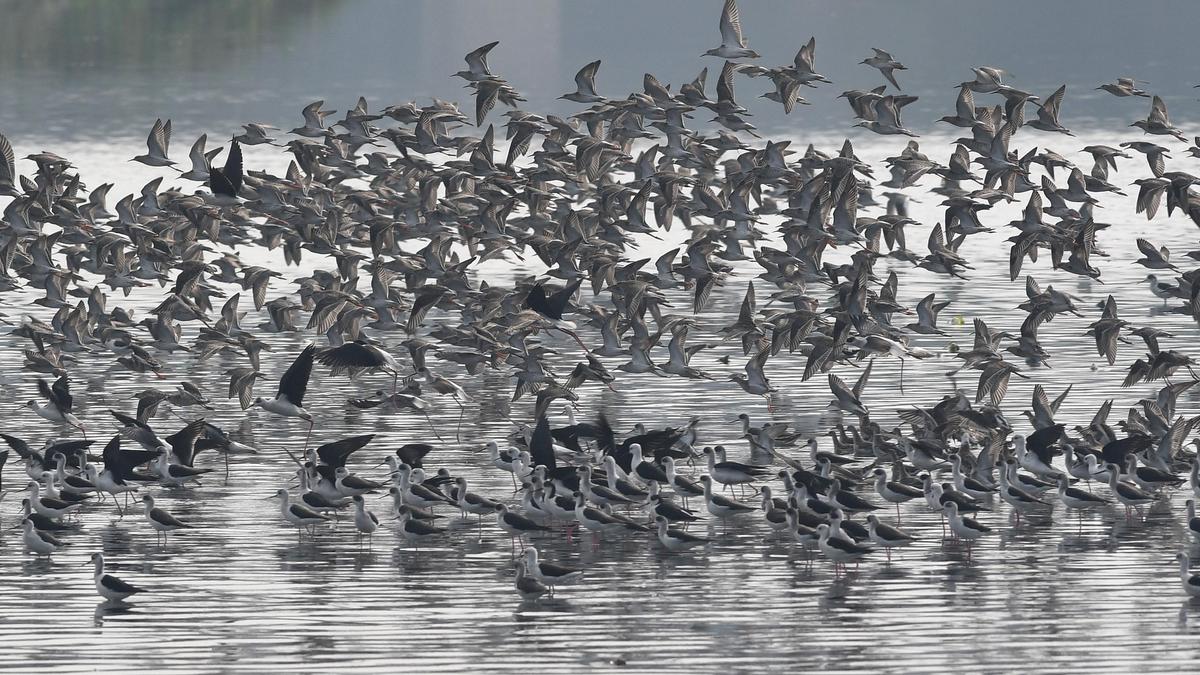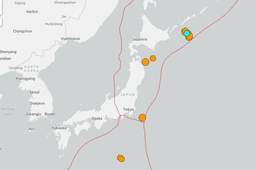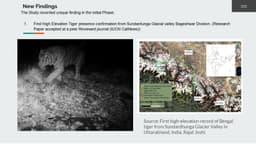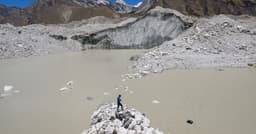Home / Environment / Vanishing Species: How Warming Threatens Earth's Delicate Ecosystems
Vanishing Species: How Warming Threatens Earth's Delicate Ecosystems
10 Nov, 2025
Summary
- 95% of all species wiped out in the Great Dying 251 million years ago due to global warming
- Climate change causing birds to shift ranges, lose body condition, and decline in survival rates
- Corals in Lakshadweep Islands have lost nearly 50% of live cover due to bleaching

In 2025, the world faces a looming crisis as climate change accelerates at an alarming rate. The article examines how the impacts of global warming are already devastating Earth's delicate ecosystems and wildlife.
251 million years ago, the Great Dying saw 95% of all species wiped out due to a runaway greenhouse effect triggered by volcanic eruptions in Siberia. Today, a similar catastrophic scenario is unfolding, with climate change emerging as the defining crisis of our time.
Researchers have observed montane bird populations in the Himalayas shifting their ranges to higher elevations in search of cooler temperatures. However, these birds are struggling to survive in the warmer, drier conditions of logged forests, which can be up to 6°C hotter than primary forests. This has led to shifts in their food sources and declining body condition and survival rates.



